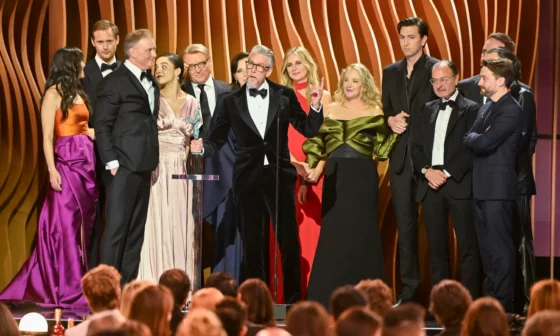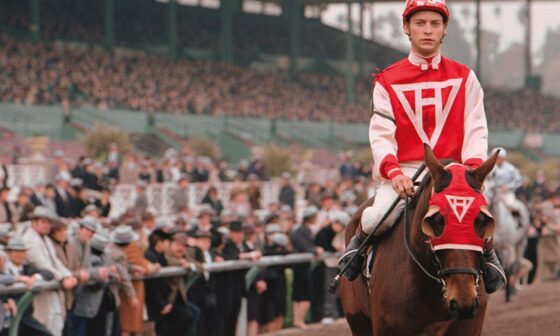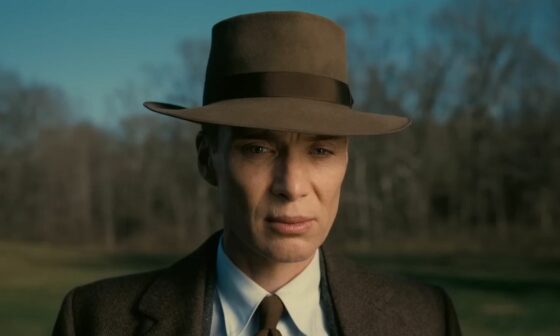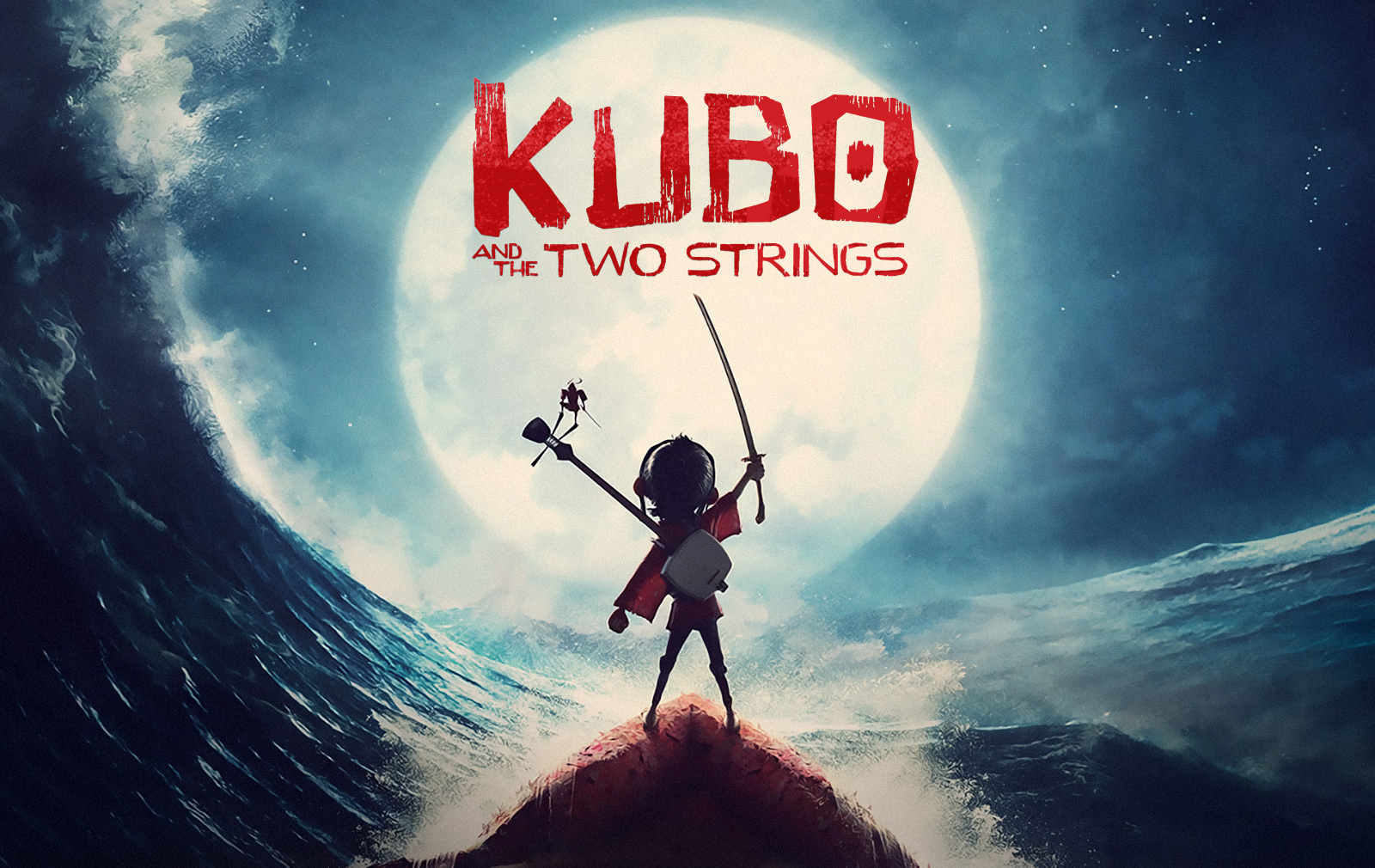
“If you must blink, do it now”. Released in the UK last week, Kubo and the Two Strings is a 3D animated, family-friendly movie, revolving around Japanese culture, and themes of loss and perseverance.
“Disney?” you may be asking. “Pixar, perhaps?” No – this little piece of genius was in fact produced by LAIKA Entertainment, a growing American production and animation company with few huge feature films such as ‘Coraline’, ‘Paranorman‘ and ‘The BoxTrolls‘.
‘Kubo‘ follows the struggles of a Japanese boy precipitating his teenage years, taking us on a fantastical journey through hope and evil. His mother, evidently physically and emotionally scarred by events we witness in the opening sequence, suffers from loss of contact with reality; the audience watch as Kubo seems to raise himself and take care of his mother.
This catatonia is our first encounter with magic in the movie: his mother only regains her consciousness for a few hours at night – could this be a magical curse, or post-traumatic stress? Charlize Theron and Matthew McConaughey voice the maternal monkey and brave beetle that stick by Kubo’s side after he accidentally awakens an evil presence, unlocking his safety from his deranged grandfather (The Moon King), and his mother’s twin sisters.
LAIKA specialise specifically in stop-motion animation, and in ‘Kubo‘, the mixture of stop-motion technology with CGI is extremely visually satisfying. Director Travis Knight was amazed by the significance of detail that LAIKA put into the creation of ‘Kubo‘; claiming that the characters’ wigs were made from human hair and combed through with silicone and posed with wire.
The use of CGI in films are very easily criticised, and LAIKA utilise this new innovative technology, including 3D printing and laser-cutting, to bring such an ancient cinematic method as stop-motion back to life.
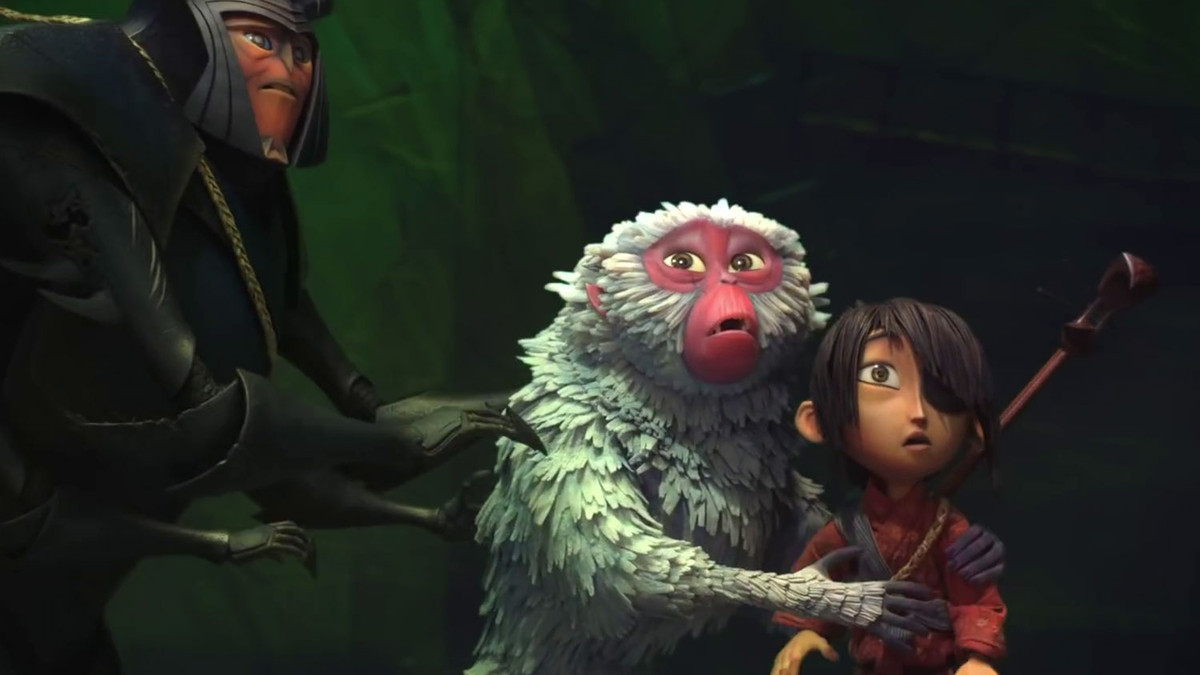
‘Kubo and the Two Strings‘ focuses on legacy; the inevitability of letting go of loved ones, but the ability to recognise the power of memories. As a lover of Japanese culture, I was super excited to see the movie, but would never have imagined the degree of cultural appropriation to which the film reaches. The festival that surrounds the tale is obon festival, where deceased loved ones can be reached.
When Kubo first attempts to reach his late father in the festival, he grows upset when he receives no reply; the beauty of this is that when his quest is over, he realises that the memories and stories he has of his lost loved ones keeps their legacy – he doesn’t need to physically see them, or be with them. This is a belief appropriated massively in Japan, and it was brilliant that LAIKA intertwined such cultural aspects for a children’s film.
Beauty is a hugely appreciated concept in Japanese culture, and ‘Kubo‘ subtly hints at the importance of the appreciation of beauty (and in a MUCH better way than ‘Howl’s Moving Castle‘). As his evil family members are either masked or blind, they wish to take his eye to blind him too, removing all of the false beauty in the world and forcing him to see only the truth.
As we grow to realise this, it becomes easier to empathise (just a little), with the Moon King and his motives: having abandoned Kubo’s mother for falling in love with an enemy at first sight, it then becomes obvious that he feels physical beauty is harmful and taints the truth – he is honestly trying to help Kubo, in a weird, messed up kinda way…
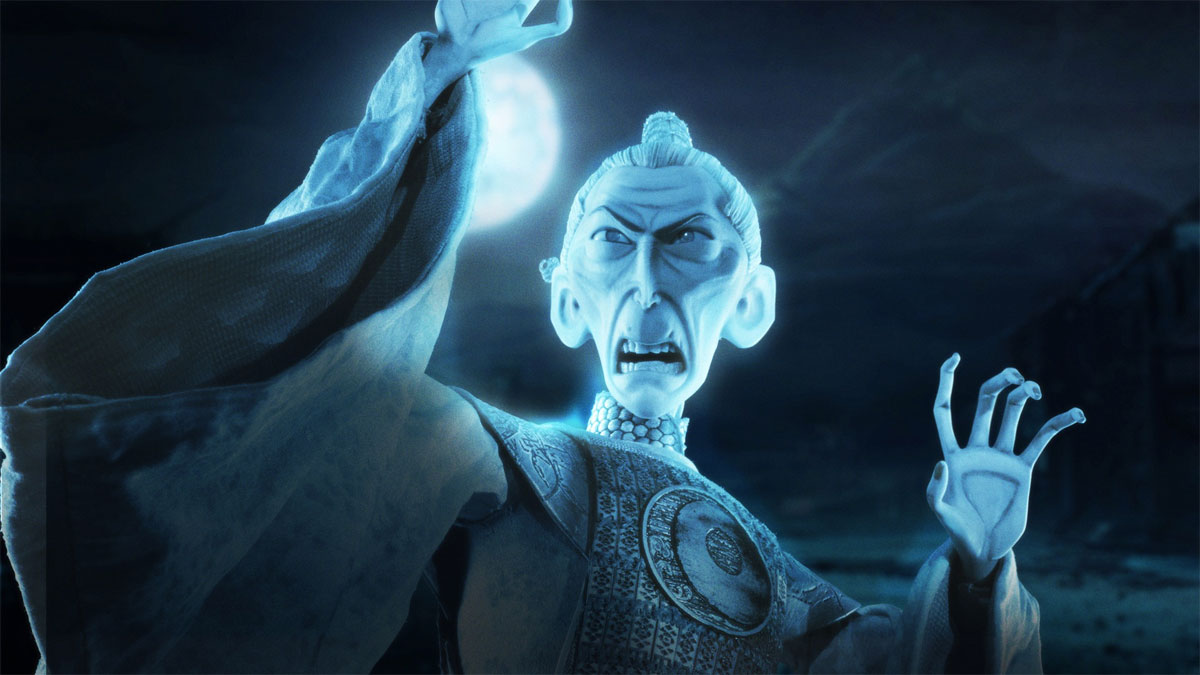
The meaning of ‘the two strings‘ changes throughout the film, and began as literal strings from his magical samisen (a Japanese musical instrument alike a banjo). Kubo is a story-teller in his village, and utilises the samisen along with his magical origami to help illustrate his tales; this Japanese imagery is all used to symbolise the art of story-telling, and the beauty of memories. Over time, the meaning of ‘the two strings’ changes to symbolise the importance of the beauty in his life, his parents, life and death, and creativity and destruction.
Kubo uses songs from the two strings on his samisen that represent his parents in order to battle the Moon King, as opposed to the indestructible weapons given to him, and thus uses the power of story-telling to fight him over violence. The Moon King is shortly metamorphasised into a human form from a dragon, and consequently loses his memory.
Despite all of his evil decisions, the village don’t hesitate to tell him of his ‘kindness’ and generosity, telling him false stories of his kind-hearted nature: these stories become the only memories he has, and he becomes exactly what he is told of himself.
Kubo and the Two Strings is an incredibly stunning movie, with amazing visuals and cultural history to appreciate, and I would, without doubt, rate this film a 10/10.
#Peace.Love.Kubo




